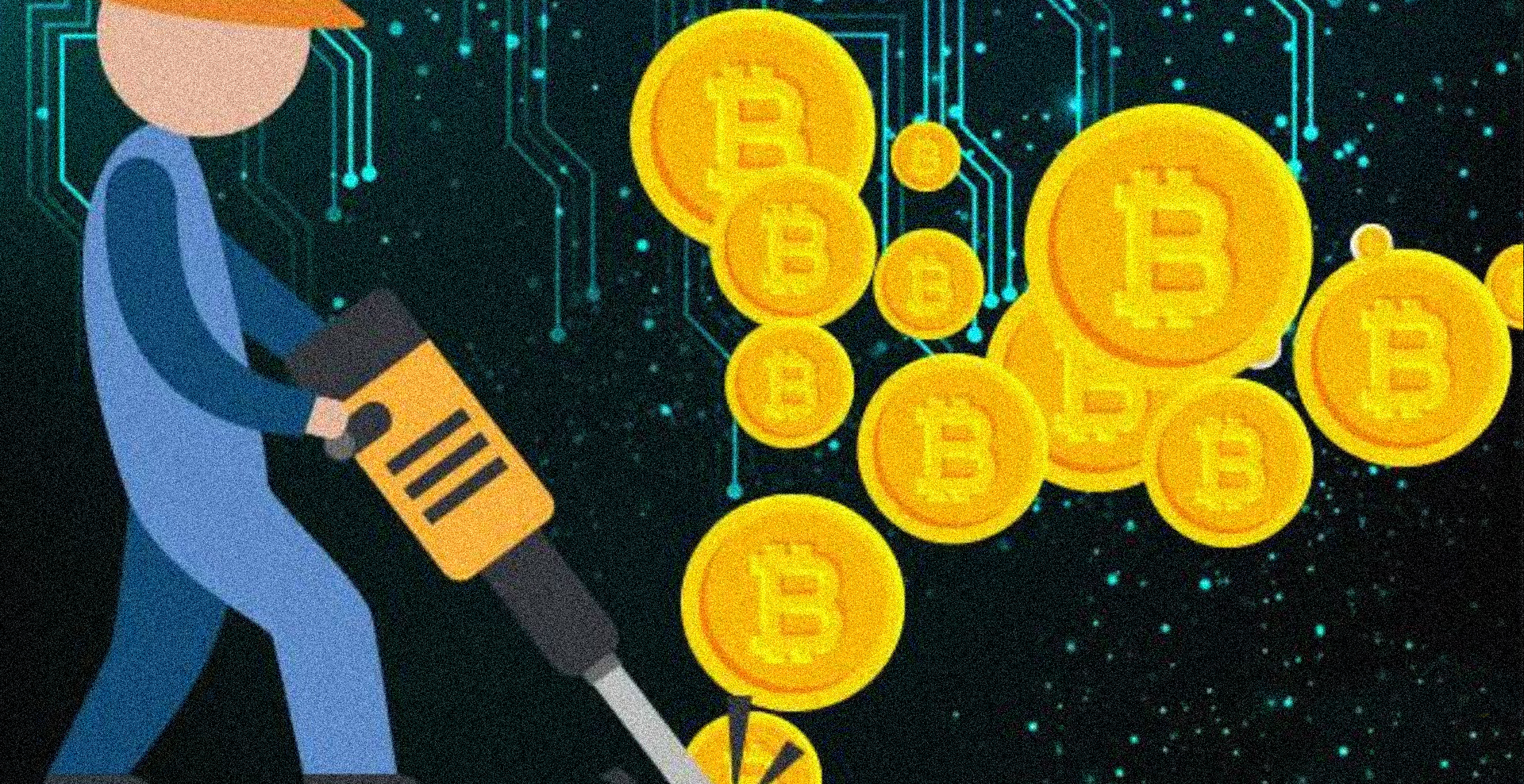The so-called cryptojacking is spreading despite the stumbling crypto market. That's the conclusion of a new study by US cybersecurity firm SonicWall.
The peddled mines on devices of the ignorant are said to have risen to $66.7 million in the first half of 2022 - a whopping 30 percent more than in the same period last year. While cryptojacking peaked in Q1 2022, secret mining leveled off somewhat from April of this year. A well-known pattern that SonicWall calls “Cryptojacking Summer Slack”.
This is what happens with cryptojacking
Attackers are usually not interested in your coins if you have any. The business model of cryptojackers is simple: instead of investing a lot of money in expensive mining hardware, they try to mine new coins illegally using someone else’s computer or smartphone. According to this, cryptojackers are concerned with the computing power that a device can contribute to mining digital coins.
The problem: Those affected often do not even realize that their device is being used to mine cryptocurrencies. "It's often difficult to tell if a device is infected and mining cryptocurrencies," Luis Corrons, security ambassador for software company
However, there are some indications that a computer or smartphone has been affected by cryptojacking. Corrons: "Indications are that the performance of the device decreases, the device heats up quickly and the battery power decreases faster than usual."
How can you protect yourself?
Sometimes it is enough to surf on an infected website to unintentionally make your resources available for crypto mining. As soon as you leave the corresponding website, the unwanted mining is usually stopped.
The security expert explains: "Users can check if their PC or mobile device is mining cryptocurrencies by checking the device's task manager or activity monitor to see which application is taking up most of the device's workload."
However, this is not always so simple: with certain programs that can be injected into the computer, unwanted crypto mining can also run in the background without having to visit an infected website. "However, we have observed PC crypto-mining malware capable of capping power consumption for mining and stopping mining as soon as the user opens Task Manager - both tactics to avoid detection by the users to avoid,"
And how best to protect yourself: "Use an antivirus solution!" recommends Corrons. "We consider websites that mine for cryptocurrencies without asking the user's permission to be malicious, so we block scripts that try to mine in the background. We also block known malicious mining programs."
My Top PicksHoneygain - Passive earner that pays in BTC or PayPalMandalaExchange -The Best no KYC crypto Exchange!
BetFury - Play And Earn BFG for daily Bitcoin and ETH dividends!
Pipeflare - Faucet that pays in ZCash and Matic, Games pay in DAIWomplay - Mobile dApp gaming platform that rewards in EOS and BitcoinCointiply - The #1 Crypto Earning SiteLiteCoinPay -The #1 FaucetPay earner for LitecoinLBRY/Odysee - YouTube Alternative that lets you earn Money by viewing videos!FaucetPay - The #1 Microwallet PlatformFREEBTC - The #1 FaucetPay earner for Satoshi'sFaucetCrypto - An earning/faucet site that pays out instantlyFireFaucet - An earning site that pays better for some than Cointiply
DogeFaucet - Dogecoin Faucet
xFaucet - BTC, ETH, LTC, Doge, Dash, Tron, DGB, BCH, BNB, ZEC, FEY - Claim every 5 minutes
Konstantinova - BTC, ETH, LTC, Doge, Dash, Tron, DGB, BNB, ZEC, USDT, FEY, 25 Claims Daily


Comments
Post a Comment